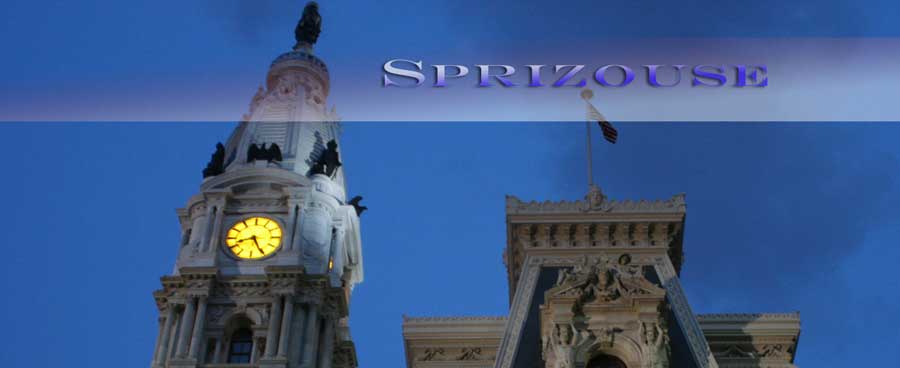
It's not fun being right sometimes. For example, I wrote a blog post in March, and another one two months ago, noting that the size of a financial institution has no relationship to its stability or long-term survival. Specifically, in both posts I lamented the size of CitiBank and wondered what would happen if the $1 trillion (now $2 trillion) bank were to collapse.
The FDIC cannot protect all of CitiBank's depositors if the massive behemoth of bank goes under. What's troubling is that it only took eight months for me to be proved correct. I thought it would take much longer.
I'll re-cap the brief argument I made about the Gramm-Leach-Bliley Act (GLBA), passed in 1999 that allowed banks like CitiBank to rapidly consolidate and grow so large. GLBA overruled the Glass-Steagall Act of 1933 which prohibited banks from offering investment, commercial banking and insurance services all under one roof.
When the financial crisis began in September, a lot of people actually praised GLBA since massive commercial banks like CitiBank and Bank of America could swoop in and buy the failing investment banks, thereby preventing widespread bankruptcies. I pointed out that panicky investors wouldn't be able to distinguish between losses in a bank's investment or insurance division vs. profits in the bank's commercial banking division. Panicky investors are likely to sell and scared depositors likely to withdraw their deposits if only one part of the bank is failing.
I noted that GLBA might indeed be beneficial in the short-term but that it was undoubtedly very dangerous in the long-term, and, like a broken record, I noted that size wouldn't save a bank from failure. I honestly didn't think it would only take two months for me to be proven right.
CitiBank is currently in the crosshairs of the market and it will have extreme difficulty staying afloat as an independent bank. CEO Vikram Pandit elected to expand CitiBank during the crisis, hoping size would insulate him from danger, but that hasn't happened. And now CitiBank is not only too big to fail, but probably too big to save.
Here's Portfolio.com's Felix Salmon:
Citi might well turn out to be Hank Paulson's largest and biggest headache. There's no one he can sell it to -- it's far too big already. Which means that Paulson's only real option, if things deteriorate much further from here, is nationalization. Bits of it could be sold, at a price -- the retail bank to Santander, perhaps; other bits to JP Morgan or Goldman Sachs -- but the losses to the taxpayer would be enormous, and the disruption associated with breaking Citi up and then trying to integrate the pieces in the middle of a major financial crisis would likely be devastating to the economy.
This doesn't make me happy.




1 comment:
It's actually called Citigroup not Citibank, but hey either way it's going to collapse.
Either way America is over.
Post a Comment